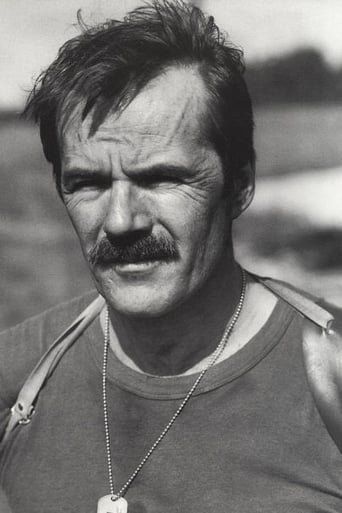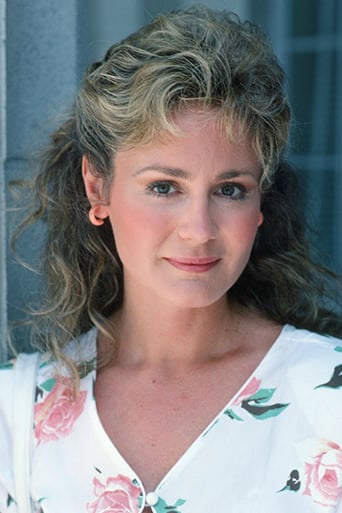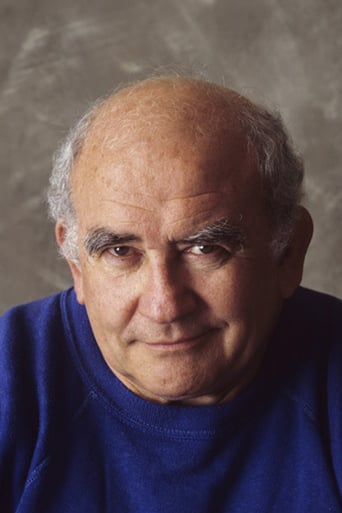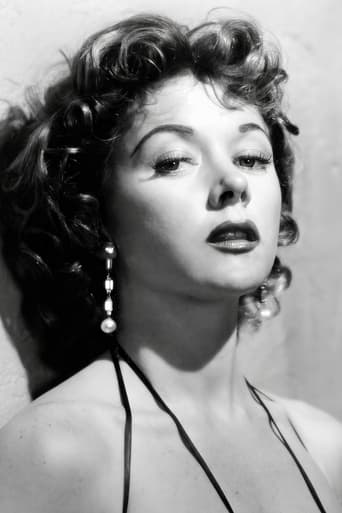FilmFlaneur
Based on the real life crimes of 'The Pied Piper of Tucson' thrill-killer Charles Schmidt, Shear's second film offered a completely different, and far more salutary, view of the younger generations than his first (Wild in the Streets) - in fact, arguably rejecting any empathy with it at all. Starting in strikingly edited fashion with the hurried burial of a victim and ending with the police recovering the bodies of two others, The Todd Killings is a work whose negative view of a generation and its alienation is unrelenting, bleak and compelling. The "fictionalised dramatisation" stars Robert F Jones as 'Skipper' Todd, a charismatic 23 year-old slacker, drug dealer and would-be song writer living in the small Californian town of Darlington. Todd lives off an allowance from his mother (Barbara Bel Geddes, her last film) who runs an old people's home. Worshiped by a clique of younger females, Todd's own view of his dissipated lifestyle is characteristically cynical: "fornication isn't much (but) it's about all Darlington has to offer". It's only when he is attracted to the initially standoffish Roberta (Belinda Montgomery) that things get more complicated. At the same time Billy Roy (Richard Thomas) arrives back home in town, fresh out of reformatory, quickly rediscovers his love for an old school sweetheart and is taken under Skipper's doubtful wing.Although from this summary it seems a film with two infatuations at its core, The Todd Killings is not a romantic piece. On the one hand we have Skipper, scheming and callous towards Roberta, while on the other there is Billy Roy, naive, confused and, ultimately, just as cruel towards his own girl. Neither relationships will end well. In this they are typical of the party and drug set around them, where the only real relationship is with hedonism. Others have noted the fractured and documentary style employed by the narrative, reflecting the lack of real focus in the young lives of Darlington. Only Roberta gets some real sympathy, but ironically its her will-she won't-she attitude towards Skipper and his actions which make up some of the film's less successful elements. When we first see her she seems a cut above the rest of her sex; her continued affection towards Skipper, even after the the most serious suspicions emerge and rape, considerably reduces her standing. Ultimately, even with her self-awareness and conscience, she is barely different from the others.In the first half of the film Shear breaks up the presentation of Skipper's sometimes frantic, always shallow existence with more formal, considered shorter scenes, as the young man is interviewed in turn by police and military (he dodges the draft by pretending to be gay). At other times too, when faced by the establishment, Skipper acts the considerate, polite young man, and initially impresses Billy Roy's parents by his manner. At first he also seems to fool his former teacher, who's out trying to save local bored housewives from their own intellectual "death sentence" with reading groups of 'Moby-Dick'. At one point he recalls Skipper as one of his brightest former students, but now the young man is as dismissive of literature as of anything else. But we know that the slimy charmer is already a murderer, his secret buried out in the desert - just as his real character lays buried beneath a facade for his elders' benefit. Indeed, with one notable exception, Skipper's violence is hidden from the audience as well. It is Shear's achievement that he makes something shocking and memorable out of the coldness which remains, in an exploitation piece par excellence.It's hard to think of another film with a heart quite as nihilist as The Todd Killings, a movie in which murders are committed just to see what it feels like, or because there's "nothing else to do", and in which a shiftless society of teenagers seem alienated from the magnitude of their actions. Other films have shown rebellious, shallow and disenchanted youth, but few are so thoroughgoing and so completely dark. For Skipper one of the most despicable emotions is pity, and his lack of empathy with others and is echoed back by his loose circle of friends whose only concern, even when the full horror of his crimes is revealed, is what to do when he's no longer around. (In fact the original shooting script was apparently called 'What Are We Going to Do Without Skipper?'). Some have compared Shear's film to (I think less bleak) River's Edge (1986), while passing similarities can also be seen in another favourite, Mean Creek (2004). A further film based on Schmidt's real life crimes, Dead Beat (1984) is not in the same league.By turn charming, dangerous and self-centered, Jones' charismatic portrayal as the murdering misogynist is unforgettable, while The Todd Killings further benefits from an excellent supporting cast which, besides Bel Geddes, also includes Gloria Graham and Edward Asner. With hindsight, Richard Thomas' casting shortly after this as TV's John-Boy Walton, where he was to co-star in a completely different moral universe, gives his appearance here particular resonance. A pathetic figure, he is easily led in a world where nothing matters and "there's the crap, and living like you want to live." All of this is aided by some excellent cinematography as well as an outstanding, sometimes frenetic musical score by Leonard Rosenmann. Earlier in his career the composer had worked on Rebel Without a Cause. One wonders what he felt creating music for another, if later generation, equally estranged,but with a much more dangerous alienation, in which personal angst is almost entirely absent.If you haven't seen The Todd Killings, then it may be one of the best films you've hardly heard of. If you have, then you'll surely welcome any chance to see it again.
Coventry
Director Barry Shear here delivers a truly unique and mesmerizing but also sadly unknown and unloved character study about one of the US' most unfathomable serial killers. The film revolves on the mid-60's Arizonian killer Charles Schmid Jr; nicknamed The Pied Piper of Tucson. Schmid was more or less like a crossbreed between Ted Bundy and Charles Manson. Similar to Ted Bundy because he was a good looking, charismatic and eloquent local boy who didn't have the slightest problem luring naive young girls (hence the nickname) and similar to Charles Manson because of the boundary-free hippie setting and because Schmid also had a great influence on his docile friends and involved them in his murderous schemes. Maybe I'm slightly biased, because I'm a big sucker for horror/thriller movies that are based on real-life serial killer cases, but "The Todd Killings" is a genuinely astounding film from many versatile viewpoints. Although the names of the characters were changed to protect the victims (and the guilty!), the script remains very true to the facts as they occurred. It's also a brutally honest film in terms of period setting and atmosphere. "The Todd Killings" shockingly illustrates that the mid-60's weren't all about peace and free love. The clichéd American Dream image of handsome teenagers with all the required capacities to succeed in life gets totally shattered here, because they merely just think about taking LSD and having sex. Robert F. Lyons gives a stunning performance as the unhinged killer protagonist Skipper Todd. He hates and mocks elderly folks, toys around with all the local high school girls that pitiably twirl around him and spends most of his days parading around in shorts at the swimming pool. Skipper eventually falls in love with a sincere girl (the stunningly ravishing Belinda Montgomery) but can't deal with the fact that she disapproves his derailed life-style. "The Todd Killings" is very raw and depressing, with sober cinematography and downbeat set pieces. The film is extremely low budget and doesn't contain a single moment of bloody violence, but the nihilistic ambiance is nevertheless horrifying and the (admittedly gratuitous) sequences of underage nudity form unpleasant confrontations with the wayward world of the 60's. One year after this, Barry Shear directed his most famous film; the stupendous Blaxploitation themed cop-thriller "Across 110th Street". They are two completely different movies proving Shear was a very gifted but sadly underrated filmmaker.




